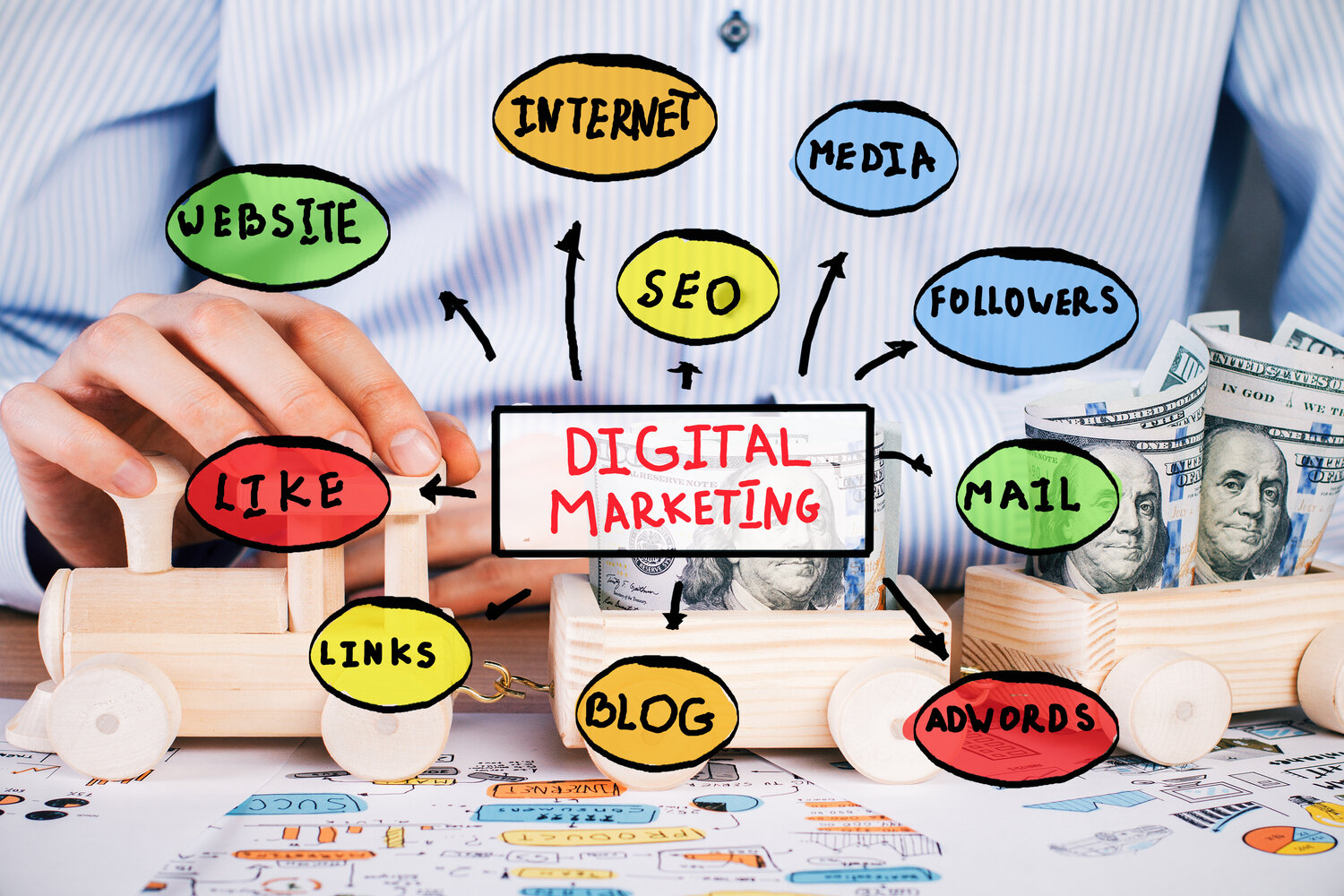


Digital marketing has evolved into a sophisticated field that goes far beyond catchy slogans and eye-catching visuals. It's about understanding and influencing consumer behavior. To succeed in the world of digital marketing, it's crucial to delve into the psychology of your target audience. By understanding how and why consumers make decisions, you can create more effective marketing strategies. In this blog, we'll explore the psychology of digital marketing and how it can help you connect with your audience on a deeper level.
The Power of Emotions
Emotions play a significant role in consumer behavior. Marketing campaigns that evoke emotion are more likely to capture and retain the attention of your audience. Whether it's happiness, excitement, fear, or nostalgia, tapping into emotions helps create a stronger connection between consumers and your brand.
Social Proof and FOMO
Consumers often look to others for guidance when making decisions. Utilize the concept of social proof by showcasing positive reviews, ratings, and testimonials from satisfied customers. Additionally, leverage the fear of missing out (FOMO) by creating a sense of urgency or scarcity in your marketing messages to encourage prompt action.
Cognitive Biases
Understanding cognitive biases, such as confirmation bias and the availability heuristic, can help you tailor your messaging. Confirmation bias leads people to seek information that confirms their existing beliefs. Use this knowledge to align your message with your audience's existing values. The availability heuristic, on the other hand, emphasizes the importance of recent and readily available information. Make sure your marketing messages are clear, concise, and easy to remember.
Storytelling
Storytelling is a powerful tool that activates the brain's mirror neurons, enabling consumers to empathize with the stories they hear. Craft narratives that resonate with your audience's experiences and aspirations. A compelling story can make your brand more relatable and memorable.
Anchoring and Pricing Psychology
Anchoring is a cognitive bias where people rely heavily on the first piece of information they receive when making decisions. Use this to your advantage by presenting the higher-priced option first and then offering a discounted alternative. Pricing psychology, such as using $9.99 instead of $10, can also influence consumer decisions, making them more likely to choose the cheaper option.
The Paradox of Choice
Too many choices can lead to decision paralysis. Simplify the decision-making process for your customers by presenting them with a limited number of options. Highlight the key features and benefits to help consumers make faster and more confident choices.
Reciprocity and Content Marketing
Reciprocity is a powerful principle in psychology. When you give something of value first, people are more inclined to reciprocate. In digital marketing, this translates to offering free, high-quality content, such as e-books, webinars, or free trials. By providing value upfront, you establish goodwill and trust.
Personalization and Targeting
Personalization is all about tailoring your marketing efforts to the specific needs and preferences of your audience. Leverage consumer data and insights to create personalized experiences. By doing so, you can demonstrate that you understand your customers and are ready to meet their unique demands.
The Endowment Effect
The endowment effect suggests that people tend to overvalue what they already possess. Use this concept to offer trials or samples of your product or service. Once consumers experience ownership, they are more likely to make a commitment.
Feedback Loops and Continuous Improvement
Digital marketing provides numerous opportunities for feedback, from website analytics to social media engagement. Embrace this feedback to fine-tune your strategies continuously. Analyze what's working and what's not, and adjust your approach accordingly.
Conclusion
Understanding the psychology of digital marketing is a powerful tool for connecting with your target audience on a deeper level. By leveraging emotional triggers, cognitive biases, and the principles of human behavior, you can create marketing campaigns that resonate with your audience and drive engagement and conversions. In the ever-evolving world of digital marketing, a firm grasp of consumer psychology will help you stay ahead and create more effective, compelling, and influential marketing strategies.